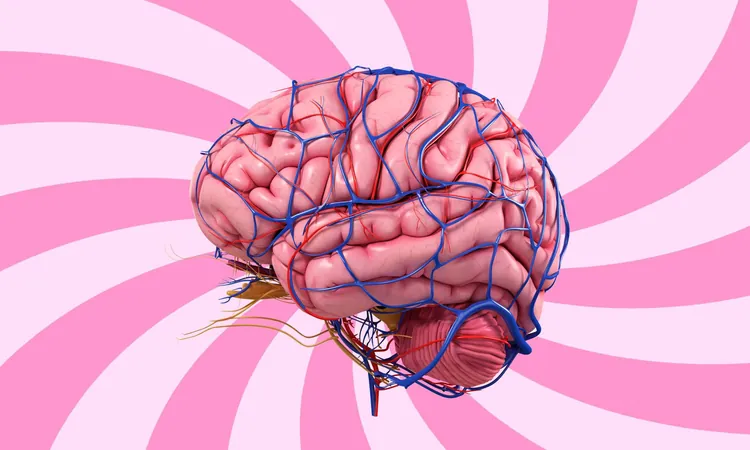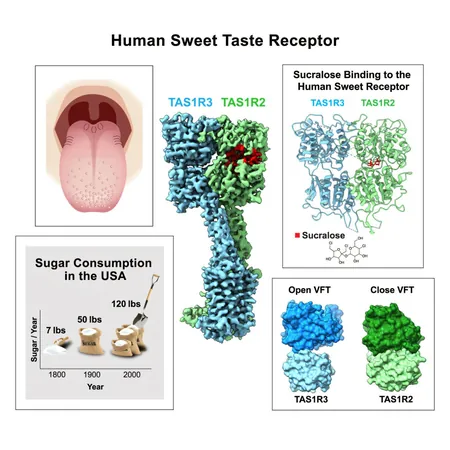
Why Our Brains Fear Pain More Than They Welcome Relief
2025-04-26
Author: Daniel
Ever noticed how a mere hint of discomfort can linger in your mind far longer than a moment of relief? It turns out, our brains are hardwired to pay more attention to potential harm than healing.
The Curious Case of Pain Perception
Recent research from Dr. Ulrike Bingel at the University Hospital Essen delves into why we react more intensely to negative suggestions than positive ones when it comes to pain management.
Placebo vs. Nocebo: The Power of Suggestion
The placebo effect refers to the healing power derived from positive expectations, while the nocebo effect indicates how negative expectations can worsen symptoms. Previous studies have shown that just hearing warnings about potential side effects can trigger nocebo reactions, often linked to increased anxiety.
Why We Forget Relief Faster Than Fear
Our brains seem to encode negative experiences more vividly than positive ones. While pain and discomfort leave a lasting imprint, moments of relief might fade more quickly.
Memories of Fear Stick Around
Experts argue that our instincts prioritize danger, explaining why negative cues are more easily remembered, even if encountered only once. Bingel's findings illustrate this bias: nocebo effects were stronger in tests conducted days apart.
The Brain's Preference for Bad News
Neuroscience reveals that our brains react more vigorously to threats compared to rewards. This heightened sensitivity can cause even slight negative expectations to snag our focus, making it challenging to shake off anxiety.
The Impact of Personal Experience
Individual pain experiences shape future expectations. While repeated relief can foster trust in treatment, negative memories can overshadow these positive feelings, leading patients to disregard neutral or reassuring messages.
The Role of Practitioners and Trust
A competent healthcare provider can unintentionally heighten nocebo responses if they mention potential downsides, as patients might interpret these warnings as credible threats.
Addressing Nocebo Effects: Strategies for Change
Using careful communication can help mitigate unnecessary worries. Techniques that shift focus away from worst-case scenarios may alleviate nocebo responses. Additionally, addressing everyday stress can prevent negative expectations from escalating.
Potential Long-Term Effects of Nocebo Responses
Nocebo effects can lead individuals to avoid harmless activities or medications linked to pain. Over time, this avoidance can develop into patterns like skipping doctor visits, refusing effective treatments, or generally becoming wary of healthcare interventions, ultimately impacting quality of life.
Looking Ahead: The Future of Pain Management
As clinical teams continue to research how negative expectations can gather momentum, they aim to refine patient care and minimize treatment dropouts. A deeper understanding of these dynamics could revolutionize how healthcare practitioners communicate about treatments.
With simple adjustments in conversation style, there lies potential to protect patients from the pitfalls of nocebo-driven challenges.
This groundbreaking study is published in eLife.



 Brasil (PT)
Brasil (PT)
 Canada (EN)
Canada (EN)
 Chile (ES)
Chile (ES)
 Česko (CS)
Česko (CS)
 대한민국 (KO)
대한민국 (KO)
 España (ES)
España (ES)
 France (FR)
France (FR)
 Hong Kong (EN)
Hong Kong (EN)
 Italia (IT)
Italia (IT)
 日本 (JA)
日本 (JA)
 Magyarország (HU)
Magyarország (HU)
 Norge (NO)
Norge (NO)
 Polska (PL)
Polska (PL)
 Schweiz (DE)
Schweiz (DE)
 Singapore (EN)
Singapore (EN)
 Sverige (SV)
Sverige (SV)
 Suomi (FI)
Suomi (FI)
 Türkiye (TR)
Türkiye (TR)
 الإمارات العربية المتحدة (AR)
الإمارات العربية المتحدة (AR)